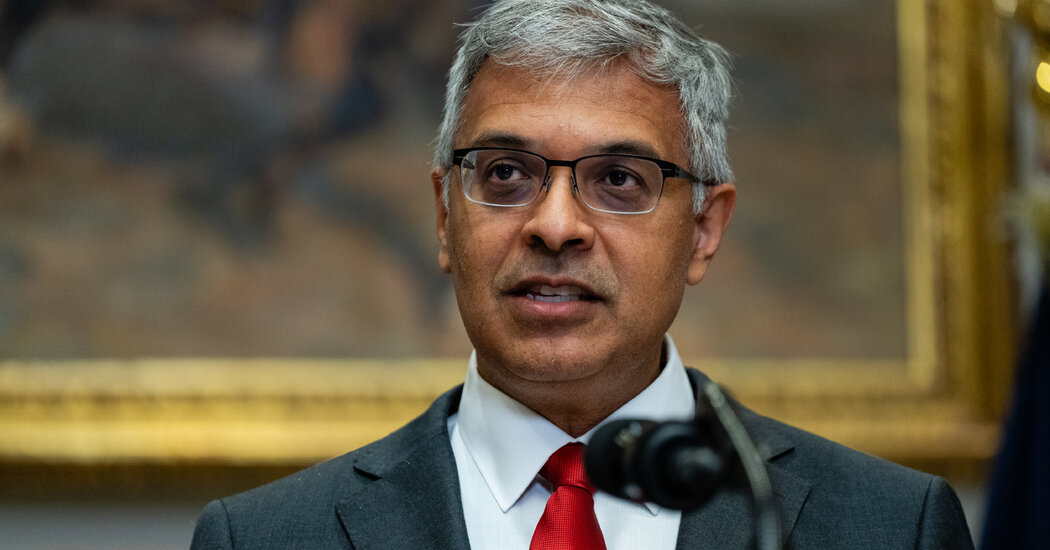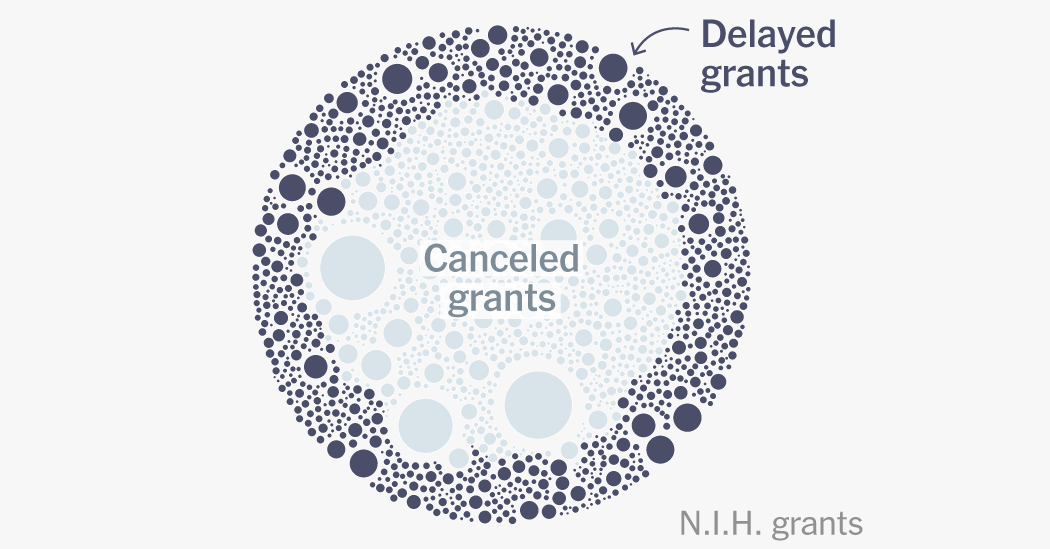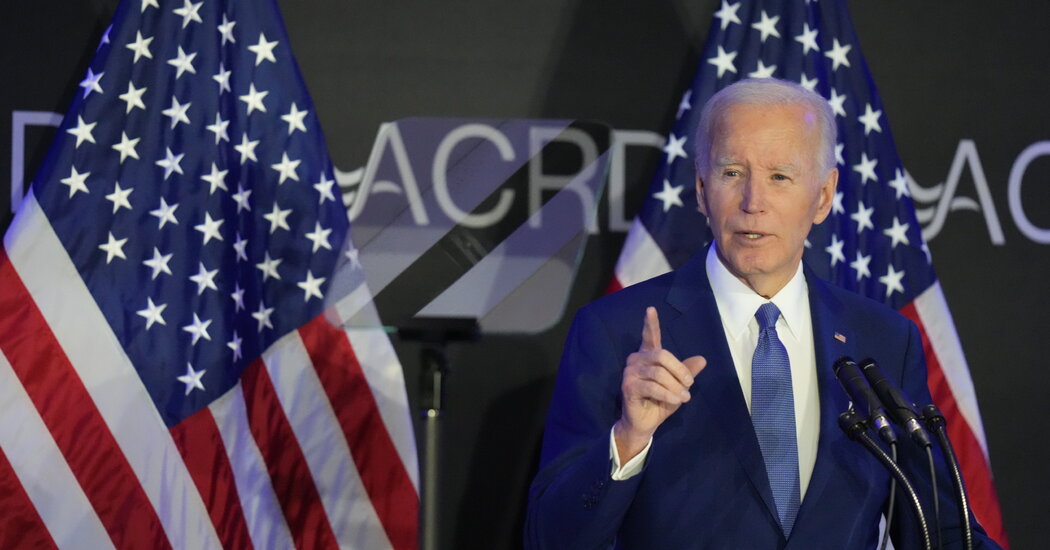After weeks of confusion about his plans for autism research, Health Secretary Robert F. Kennedy Jr. said on Wednesday that his department would build a “real-world platform” that would allow researchers to hunt for causes of the disorder by examining insurance claims, electronic medical records and wearable devices like smart watches.
The department will draw the records from Medicare and Medicaid, which together cover around 40 percent of Americans. The National Institutes of Health and the Centers for Medicare and Medicaid Services will partner on the project, Mr. Kennedy said.
But it was unclear whether the announcement would assuage researchers, advocates and parents, who reacted with alarm last month when Mr. Kennedy and Dr. Jay Bhattacharya, the director of the National Institutes of Health, floated — and then walked back — the idea of an autism registry for research. Many feared privacy violations.
In Illinois on Wednesday, Governor JB Pritzker, a Democrat, issued an executive order aimed at protecting the privacy rights of state residents with autism. His office said he made the move in response to “rising national concerns about efforts to create federal autism registries or databases without clear legal safeguards or accountability.”
Mr. Kennedy’s intense focus on autism stems from his insistence, despite evidence otherwise, that vaccines are to blame for the rapid rise in autism diagnoses in the United States. The Centers for Disease Control and Prevention recently reported that about 1 in 31, or 3.2 percent, of American eight-year-olds have received a diagnosis.
For the new database, the health department said it would take steps to ensure the privacy of medical data. But it is not clear precisely what kind of research will be conducted. Mr. Kennedy said in the announcement that his department would use the platform “to uncover the root causes of autism and other chronic diseases.”
Some experts were skeptical.
“It’s the registry without the word ‘registry’ in it,” said David Mandell, a professor of psychiatry and longtime autism researcher at the University of Pennsylvania. He said that some of his research had relied on Medicaid data, which had been difficult to access, and that on one level he welcomed the announcement.
But he also expressed concern that the data would be “misused or misappropriated,” or steered toward vaccine studies.
“We are creating a tool, and tools can be used for good and for evil,” Dr. Mandell said. “I know a lot of researchers — and I like to think of myself as one — who have used this kind of tool for good. And I’m really concerned that that’s not what happens.”
In outlining the government’s research priorities, the announcement appeared contradictory. While Mr. Kennedy focused on root causes, the health department said that studies would focus on autism diagnosis trends; the effectiveness of medical and behavioral treatments; the economic burden on families and health care systems; and access to care and “disparities by demographics and geography.”
Given the Trump administration’s assault on “diversity, equity and inclusion” initiatives, the last priority might appear surprising. But some of Dr. Bhattacharya’s previous research, from his tenure as a medical economist at Stanford University, focused on health care disparities, and he recently told reporters that he believed it was appropriate to examine how diseases affect different populations.
“Concern for the health of minority populations is not the same thing as D.E.I.,” Dr. Bhattacharya said in an interview after Mr. Kennedy announced he was taking action against petroleum-based food dyes.
Jill Escher, the president of the National Council on Severe Autism and a parent of two adult children with autism, said that she is of two minds about Mr. Kennedy’s announcement. On the one hand, she said, she agreed “one hundred percent with the administration that it is incredibly urgent to find more answers about autism.”
But she said that she was concerned Mr. Kennedy’s approach was “a lot of dart throwing without hypothesis building.” Given that scientists have been studying autism for at least three decades, she said, she preferred a more systematic approach in which the Department of Health and Human Services identified the most pressing questions and developed a research agenda to answer them.
The disorder takes many forms, but is usually marked by a blend of social and communication problems and repetitive behaviors. Some people with severe autism are nonverbal and have intellectual disabilities; others on the autism spectrum simply struggle with social cues. Many researchers believe that a complicated array of factors, including genetics and possibly fetal exposures in utero, are responsible for autism.
In bringing the issue to the fore, Mr. Kennedy has delighted some in the autism community. But many were infuriated by his remarks at a news conference last month, when he asserted that the disorder is preventable (experts say there is no evidence of this), and insisted that autism “destroys” families.
Critics said he only added to the stigma around the disorder.
In his announcement on Wednesday, Mr. Kennedy said that the platform would begin as a “pilot research program” aimed at autism, but would eventually be available to researchers studying other chronic conditions.




